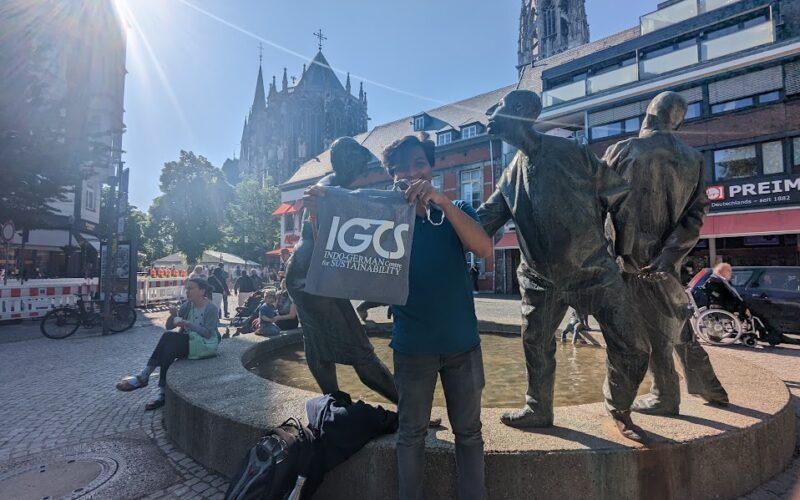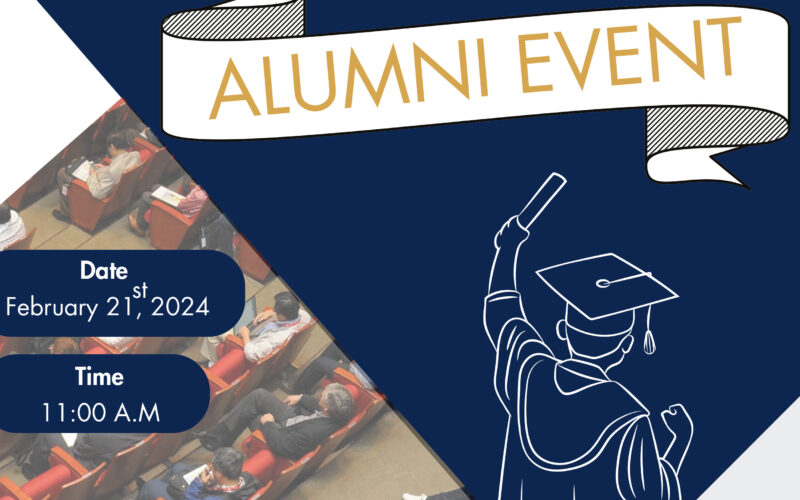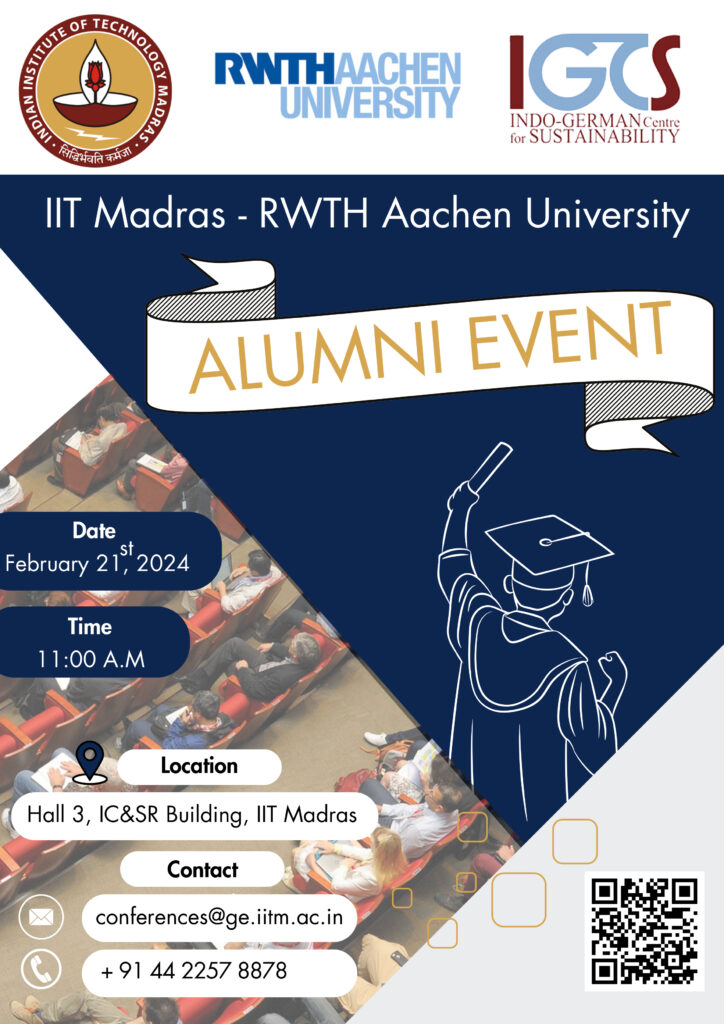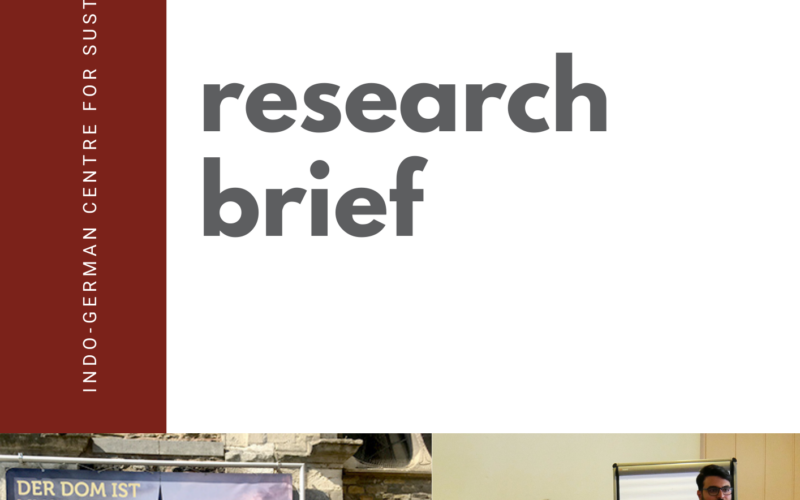Shivam Dwivedi, was an IGCS grantee from the Metallurgical and Materials Engineering Department at Indian Institute of Technology, Madras, Chennai, India. Shivam recently completed their research exchange program at RWTH Aachen University, and Forschungszentrum Jülich, Germany under the mentorship of Prof. Olivier Guillon and Dr. Mariya E. Ivanova. Their research focuses on Proton Conducting Solid Oxide Electrolysis Cells, exploring innovative solutions for storing renewable energy.
Shivam gives their testimonial on their motivation to applying for the IGCS grants, tips and hints on what to focus on, and what to expect from your research exchange in Germany.
As a part of our mission here at IGCS, we want to advance science by fostering inclusivity, expanding accessibility, and promoting cross-cultural collaboration. In today’s world, characterized by linguistic and cultural diversity, it’s essential to bridge these differences and connect researchers, practitioners, and enthusiasts.
This is why we are launching our first multilingual media publication. Our goal is to reach a wider audience and transcend linguistic boundaries. Breaking down language barriers is crucial as it enables researchers from diverse linguistic backgrounds to actively contribute to and engage with the global scientific community. This fosters a more equitable and inclusive research landscape.
By embracing linguistic diversity in scientific communication, we not only enrich the research landscape but also contribute to the advancement of knowledge for the benefit of society as a whole.
Watch the full testimonial video below:




